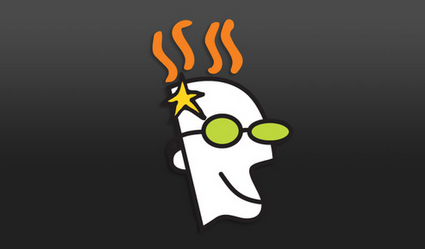Go Daddy, one of the largest Internet hosting companies in the world, has denied that its Monday downtime was caused by a hacker attack, blaming it on technical problems instead.
Shortly after the problems began, a Twitter user calling himself “AnonymousOwn3r” claimed he hacked the servers, in response to the company’s one-time support for the US Stop Online Piracy Act (SOPA).
However, CEO Scott Wagner explained that the outage was caused by “a series of internal network events that corrupted router data tables”.
Lies and deceit
GoDaddy, founded in 1997, is the largest ICANN-accredited domain name registrar in the world. It has around ten million customers, and manages around 45 million domain names.
 The company servers suffered intermittent outages for over five hours on Monday, taking millions of small business and consumer websites out of commission.
The company servers suffered intermittent outages for over five hours on Monday, taking millions of small business and consumer websites out of commission.
From 6.41 PM West Coast time, the GoDaddy support page displayed the following message: “We are aware of an issue affecting several services, including email, our website and some customer websites. We understand your frustration. We want you to know that our team is investigating the source of the issue and is working to resolve it as quickly as possible.”
“It was a pretty devastating event,” said RunningShoes.com CEO Chad Weinman, one of Go Daddy’s clients, who told Reuters that the site lost about $50,000 in revenue as potential customers went elsewhere.
AnonymousOwn3r, who said he was affiliated with the hacktivist group but has since been disavowed, claimed it was his hack that brought the websites down. He even posted a “leaked database” online, accompanied by a traditional, albeit short PasteBin release. Twitter users later pointed out that the data was fake, taken from an open source project dating back to 2010.
After quashing the rumours of a hacker attack, Wagner apologised for the outages. “We have let our customers down and we know it. I cannot express how sorry I am to those of you who were inconvenienced. We will learn from this,” he said in an email statement.
He also assured the customers that their data was safe. “At no time was any sensitive customer information, such as credit card data, passwords or names and addresses, compromised.”
According to Wagner, the company has implemented measures to prevent the issue from occurring again. Customers can also expect an unspecified “good faith gesture” from the company in the next few days.
Are you an SEO guru? Take our quiz!





